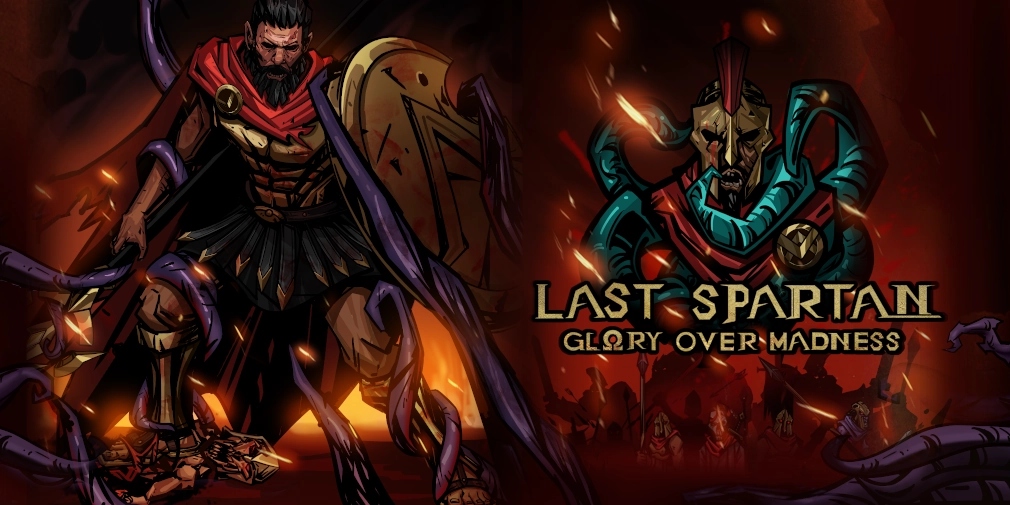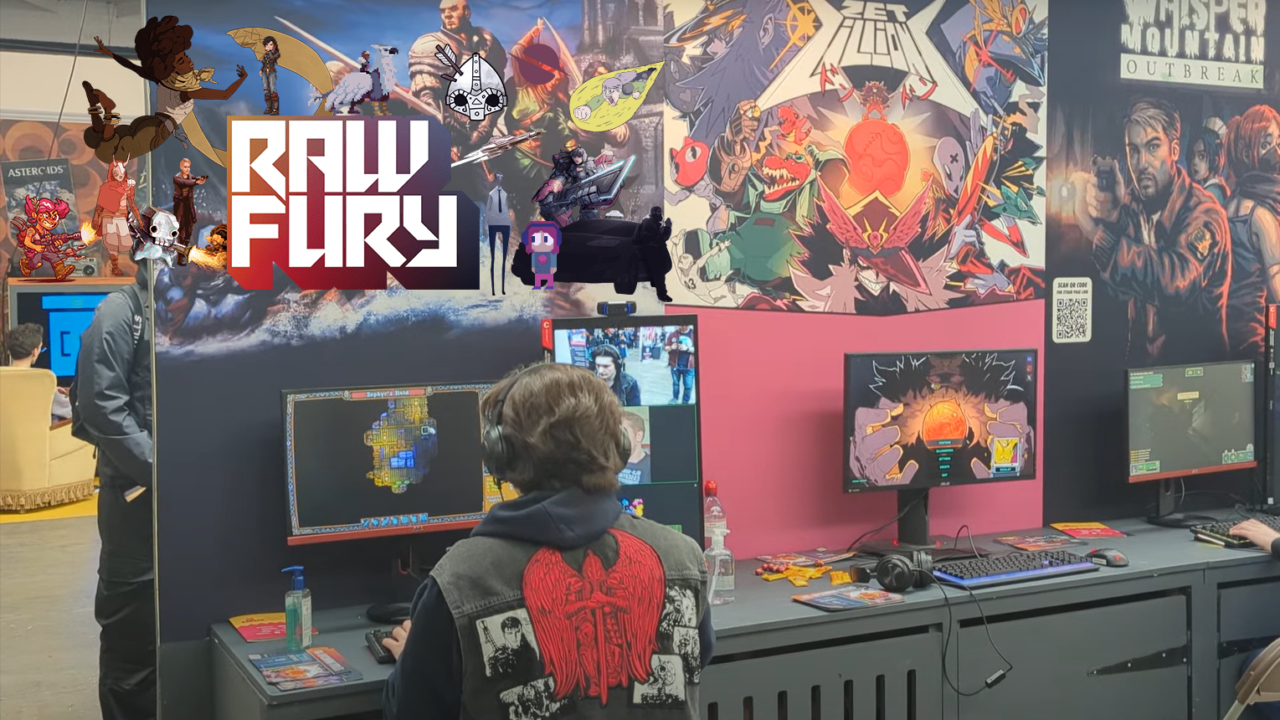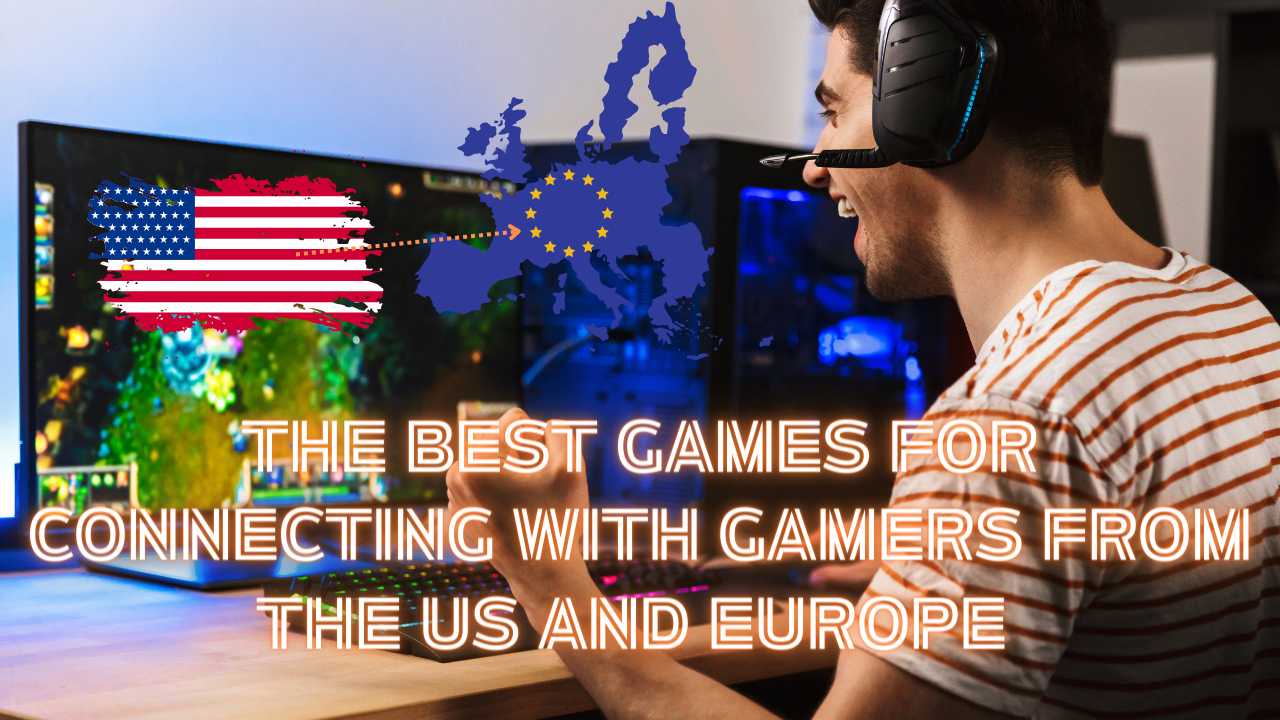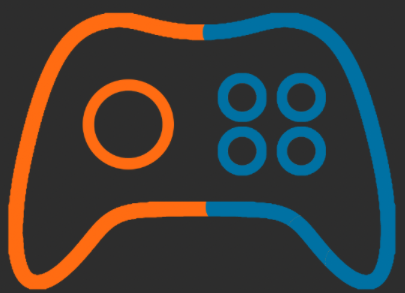The game, described as the “love child of Darkest Dungeon and Slay the Spire”, has faced several obstacles in its development. The CEO of the German studio tells us how the company overcame them to make a game for the whole world.
At WASD 2024, the indie developer-focused gaming festival held in London last month, many indie studios set up stalls for their games in order to catch the eyes of the 100,000+ people that attended over the weekend.
But in the sea of creative game showcases, one stood apart. With its particularly gothic art style, it was hard not to notice the stall for ‘Last Spartan’, the latest (and first ever) game from Bad Spiele Studio, an indie developer based in Berlin, Germany.
The game, which incorporates elements of H.P Lovecraft’s style into its art direction, sees players explore a dark, twisted campaign which pulls from the history of Ancient Greece’s Spartan warriors.
The gameplay also blends elements of turn-based combat and card deck-building. Ankit Kumar Dhillon, the CEO and founder of the studio, as well as original creator of the game described it as the ‘love child of Darkest Dungeon and Slay the Spire’.
He continued: “There’s also a really strong influence from ‘Hellboy’ – and games that it’s been influenced by, such as ‘Darksiders’ and ‘Battle chasers’.”
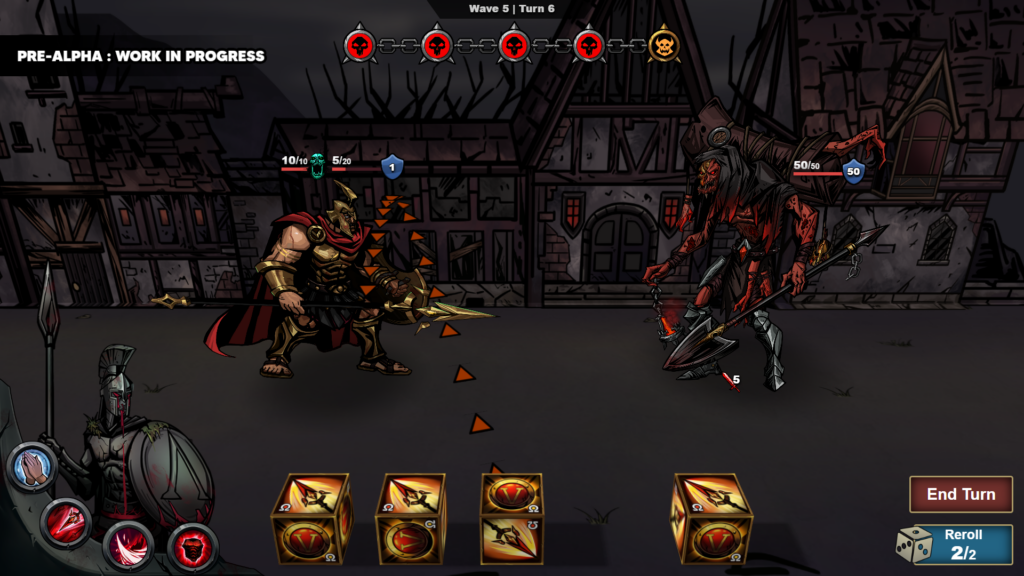
While the game looks very promising for its release in early November, it’s been a long road for Ankit. According to the studio’s website, the team only has 3 members, which by itself presents some challenges for the game’s development.
While the challenges facing an indie developer are well documented, that’s only one side of the issue. Ankit also wants the entire world to enjoy Last Spartan, and with the studio not having a publisher, getting it out to global audiences is a huge obstacle.

He says: “We aren’t going through a publisher, who normally would have to deal with this issue. They would usually make the effort to push the game out in Asia, U.K, the EU, the U.S and Australia, for example.
“But as we don’t have access to a publisher right now, we now have to do that marketing ourselves.”
Game marketing can be a particularly big hurdle for indie developers to clear – you can read more about that in our story about Neonhive, a gaming PR firm, here.
“That process is extremely important. If you search the game’s title – ‘Last Spartan’ – online, in Germany, our page is the first result. If you search the same thing here, you get God of War and a range of other games’ pages first.
“You have to make sure to spread your focus, because just being big in Germany isn’t enough for an indie game.”
Related Articles:
Related Articles:
For many indie games, coverage of the games in the forms of playthroughs can be absolutely pivotal. Whether it’s a paid promotion or ‘organic’ in that the content creator wants to play the game regardless of any payment – coverage of video games on platforms like YouTube and Twitch have become an essential tool for indie devs.
He continues: “So we’ve got coverage of our game from YouTubers, but events like this are also crucial. As a foreign company, we always have to make an effort to reach out to the U.K and U.S markets, for example, separately.
“Events like WASD are so significant for indie developers – and even more so for studios that are from outside those biggest markets.”
With Ankit’s studio being based in Berlin, but having their site and socials being written in English, it’s clear that the English-speaking market is where they’re targeting.
He says: “I’ve lived in Germany for 6 years, but don’t speak German, as I lived in Portugal and America for most of my life – so promoting the game in English speaking countries is particularly important for me.”
WASD isn’t the only event that’s crucial for promoting foreign games in the UK – but with the recent closure of Player1 Events, the company behind the iconic UK-based Insomnia Gaming Festival, the future of these events is uncertain.
Speaking on the importance of events like WASD and Insomnia, Ankit said: “If we want to have a presence in the gaming market, we have to attend any and all of the events like WASD. It’s like a multiple year-long road trip until the game’s release.
“Last year’s Gamescom, for example, allowed us to get investment into the production for the final version of the game.”
Besides the uncertain future of gaming festivals, there’s also other changes in motion that are crucial for the future of indie gaming. EU regulations for indie companies can often be challenging – which might particularly incentivise markets like the U.K’s, following Brexit.
Ankit explains: “From an EU sale, we receive so much less than a sale of that same game in the U.S. There’s also been a number of new labour laws in the EU that have affected us, having to move full-time employees to part-time or freelance workers.
“They say that they want Berlin to be ‘The Creative City’, but that must be a work in progress – because if you make your game in Europe, it’s harder than in other regions through a handful of difficult taxes and laws.
“It’s a killer for about half of the studios that I’ve seen go down.”

